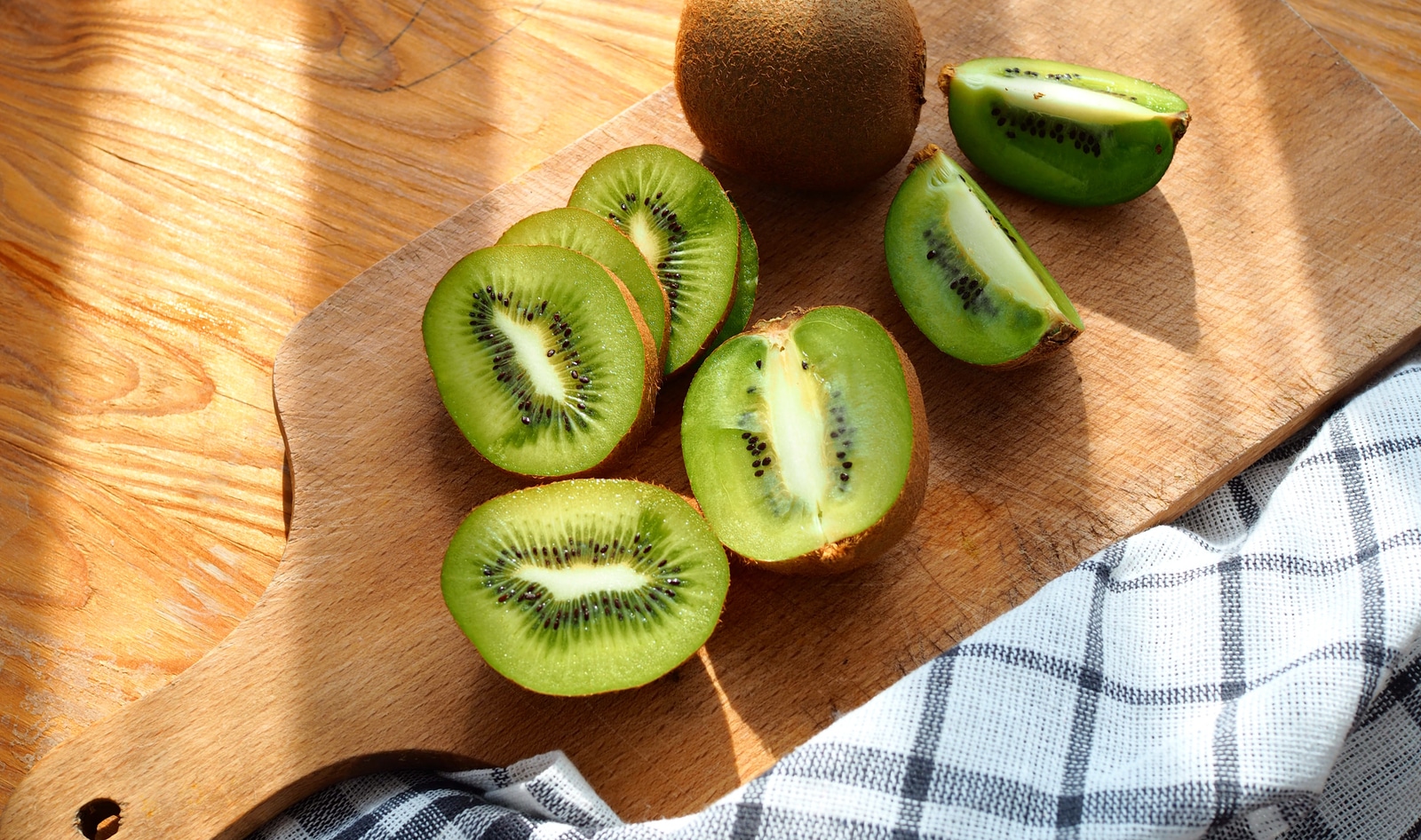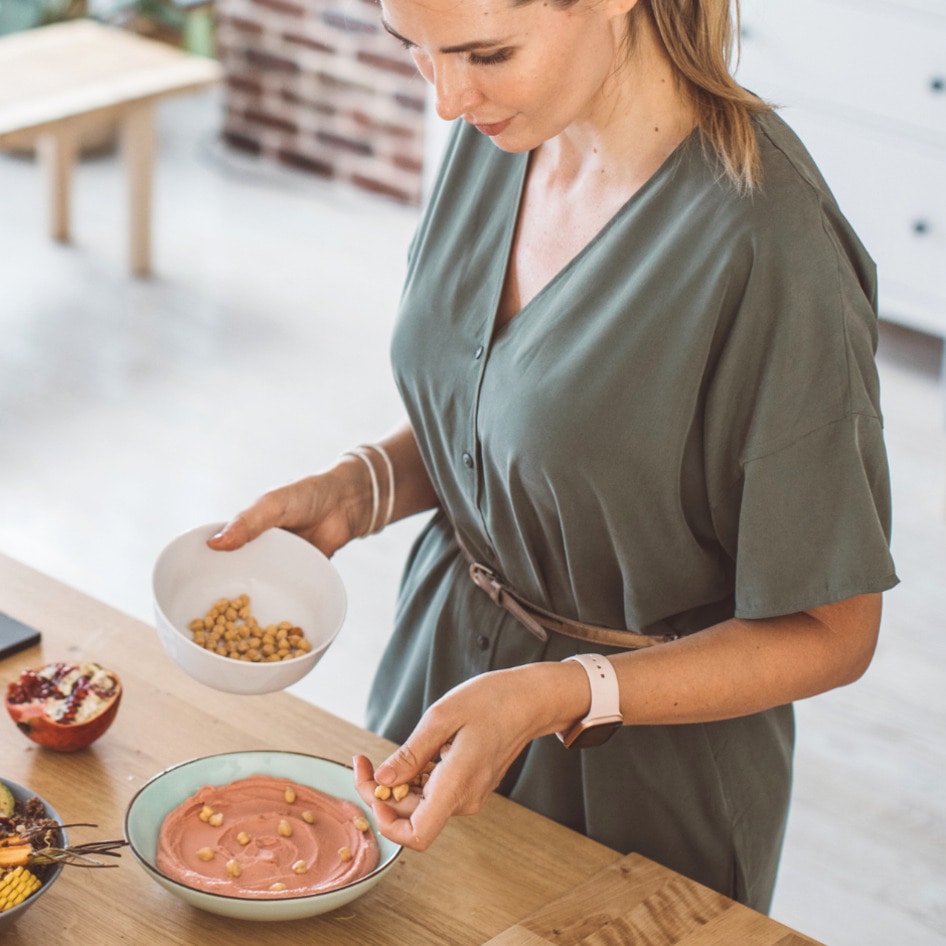Could the modest kiwi hold the secret to better sleep for athletes? That’s the question researchers sought to answer in a recent study published in scientific journal Nutrients. Their findings indicate that consumption of kiwi had a notable impact on sleep quality among a group of athletes, with results showing that those who consumed the fruit slept more soundly and efficiently compared to those who did not.
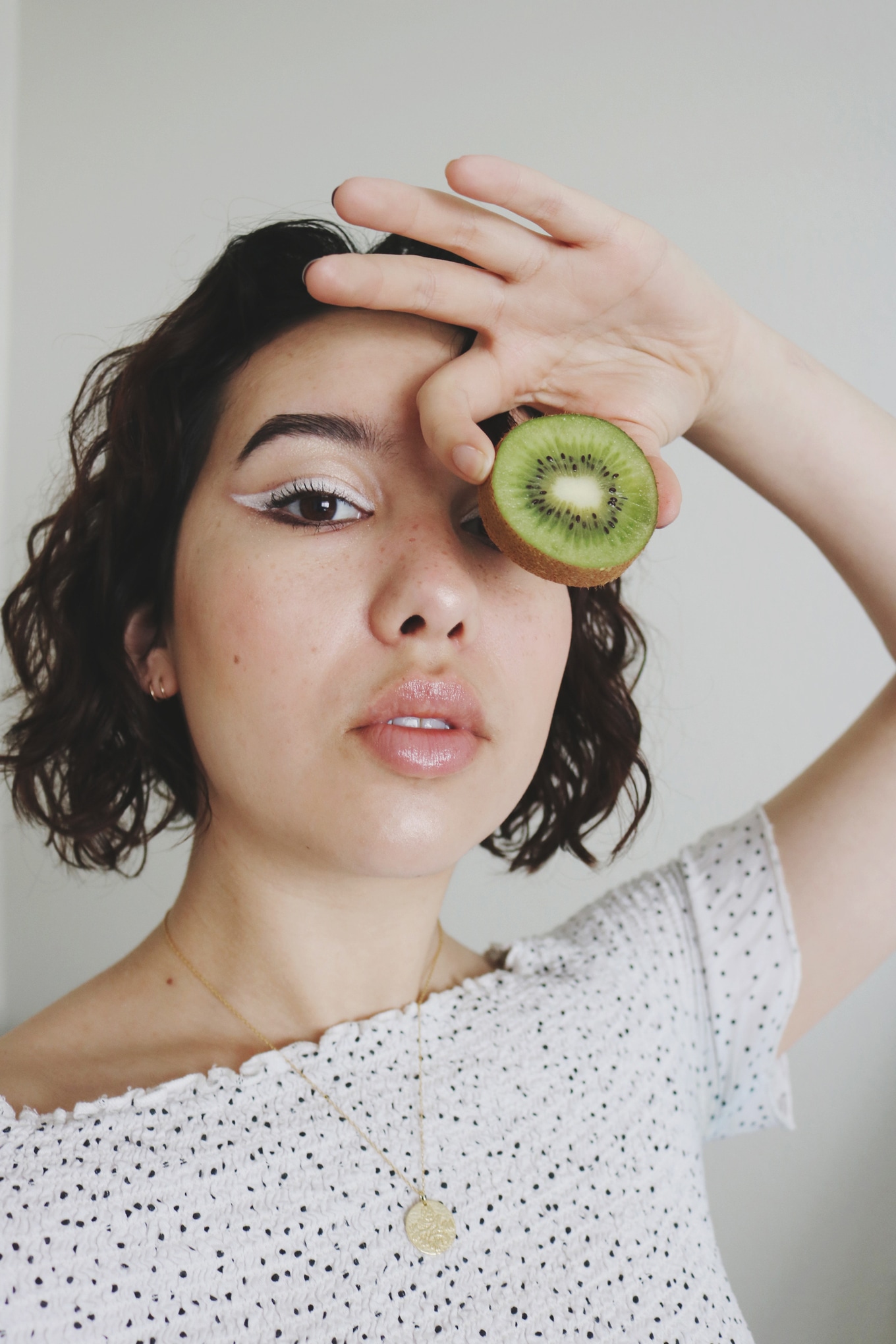 Pexels/Madison Inouye
Pexels/Madison Inouye
The design of the study was straightforward. Researchers divided the athletes into two groups, instructing the first group to consume two pieces of kiwi an hour before bedtime for a period of four weeks, while telling the second group to not consume any kiwi.
Throughout this period, various sleep metrics were closely monitored, providing the researchers with concrete data for analysis.
The data revealed significant improvements in sleep quality among athletes who consumed kiwi. On average, these athletes fell asleep 35 percent faster and experienced an 8 percent increase in total sleep time compared to the control group.
Furthermore, the kiwi-consuming athletes recorded a 42 percent improvement in sleep efficiency, an indication that they spent a greater proportion of their sleep time in deep, restorative phases of sleep.
Eating kiwi might improve sleep
Scientists propose that the positive effects of kiwi on sleep could be attributed to a range of factors. One hypothesis is that kiwi aids in increasing serotonin levels, a hormone that plays a crucial role in sleep regulation.
Additionally, kiwi are a rich source of antioxidants, vitamins, and minerals like Vitamin C, Vitamin E, and potassium, which could help reduce inflammation and aid muscle recovery, both crucial for athletes.
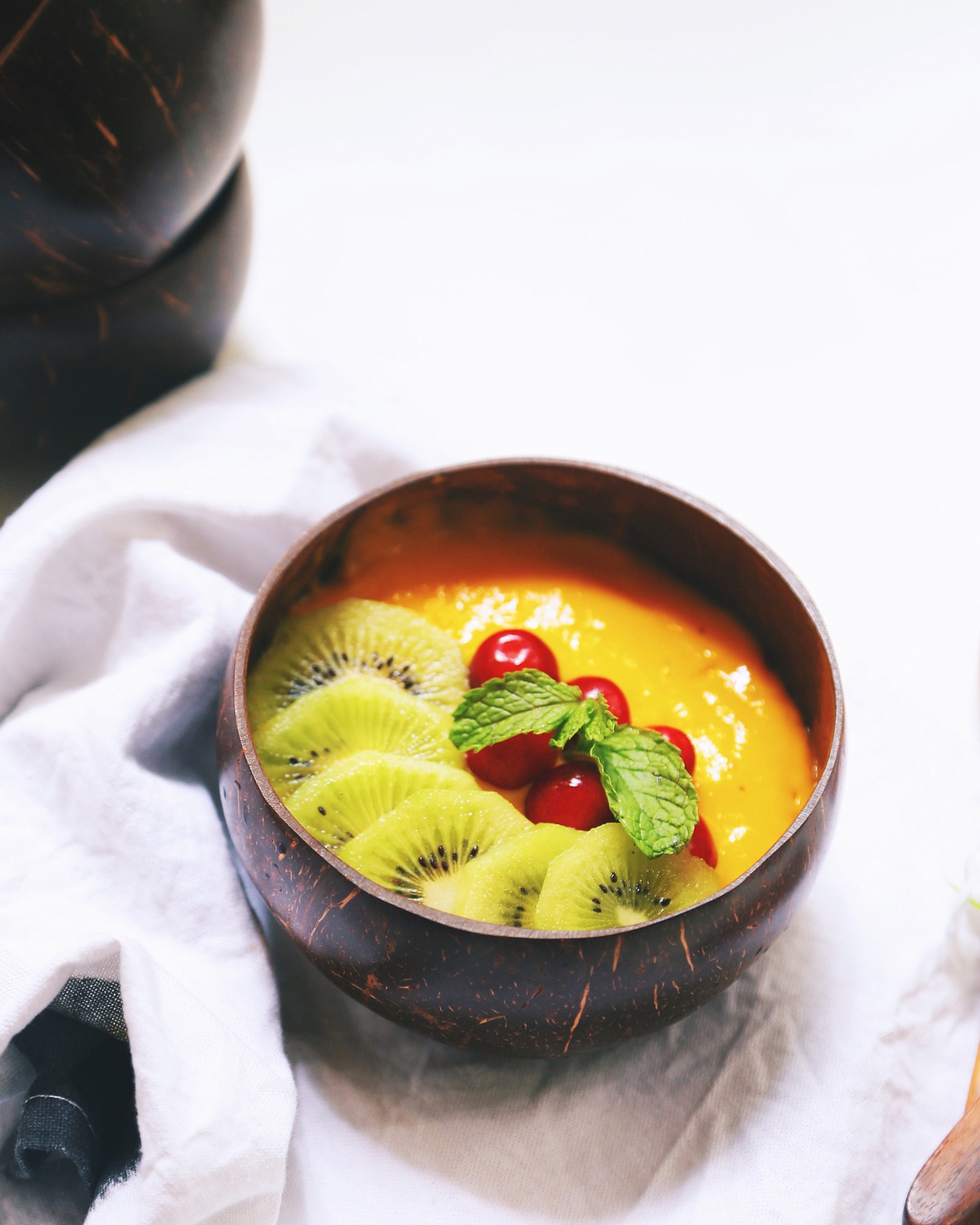 Pexels/Alisha Mishra
Pexels/Alisha Mishra
While these findings are promising, it is crucial to consider them in context. Kiwi is not a panacea for sleep issues; it functions most effectively as a component of a broader sleep hygiene regimen.
This would involve a well-thought-out bedtime routine, avoiding stimulants such as caffeine and electronic devices before bedtime, and sticking to a consistent sleep schedule.
Plant-based foods that aid sleep
While kiwi was the subject of this study, other plant-based foods have the potential to aid in sleep and recovery. Crafting a diet rich in these foods can lead to more restful nights.
According to Kevin Huffman, doctor of osteopathic medicine and CEO of On the Rocks Climbing Gym, certain nutrients can significantly impact the quality of sleep. Foods rich in vitamins B6, B12, magnesium, and tryptophan can help in the production of neurotransmitters like serotonin and melatonin, which regulate sleep-wake cycles.
“When it comes to plant-based foods that can help enhance sleep, there are a few options worth considering,” Huffman says. “Cherries, especially tart cherries, are known for their natural abundance of melatonin, which is the hormone responsible for regulating sleep.”
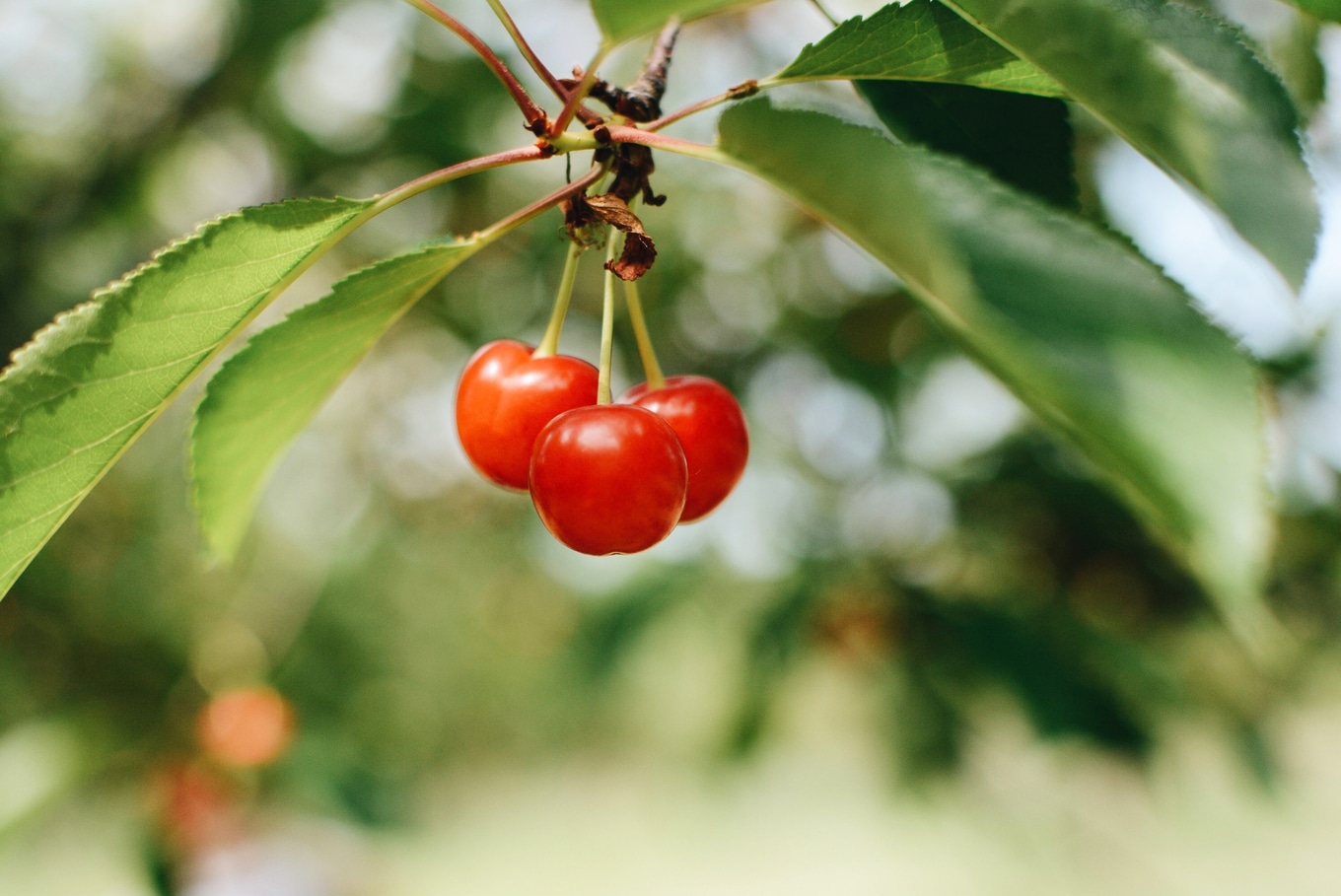
“Adding cherries or cherry juice to your diet can potentially promote better sleep quality,” he says.
Huffman explains that bananas, which are high in potassium and magnesium, also have muscle and nerve-relaxing properties that can aid in pre-sleep relaxation. Nuts, particularly almonds and walnuts, also offer a mix of melatonin and magnesium, making them ideal pre-sleep snacks.
While many might be familiar with animal sources of tryptophan such as turkey, consuming meat is not necessary to fill up on the sleepy supplement.
“In addition, tryptophan can be found in plant-based sources such as tofu, tempeh, and seeds like pumpkin and sunflower seeds,” Huffman explains. “These foods can boost serotonin production, which in turn improves sleep quality.”
Further, leafy greens like spinach and kale, rich in calcium, can aid in the conversion of tryptophan to melatonin and can help regulate sleep cycles, Huffman says.
More generally, a balanced diet rich in sleep-promoting nutrients should be coupled with adequate hydration, regular physical activity, and stress management techniques for a comprehensive approach to healthy sleep and overall well-being.
Sleep 365 CEO Richard Prasad, a sleep expert with 19 years of experience in the mattress and bedding industry, agrees with Huffman that a balanced diet plays a pivotal role in the quality of sleep.
Consuming foods high in saturated fats or sugars can reduce the quality of deep sleep stages and lead to restless nights, Prasad explains, adding that spicy foods can elevate body temperature, causing discomfort, and fatty or high-protein foods can lead to indigestion.
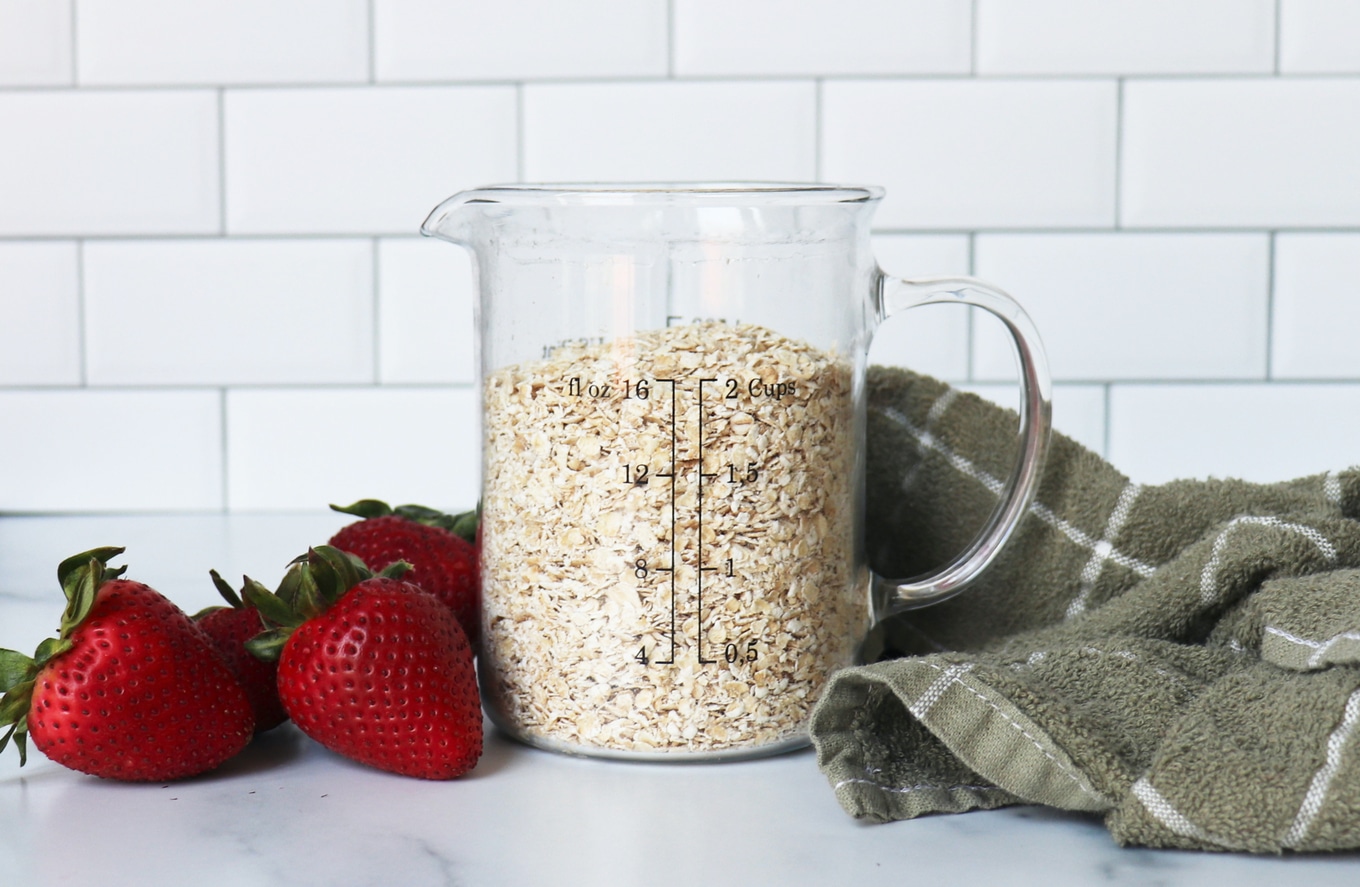 No Revisions/Unsplash
No Revisions/Unsplash
Prasad points out that oatmeal and whole-wheat toast serve as sleep-friendly snacks due to their complex carbohydrates.
For better sleep, in addition to kiwi, make sure to add these to your shopping list:
- Cherries (specifically tart cherry juice)
- Kale
- Oatmeal
- Pumpkin seeds
- Sunflower seeds
- Spinach
- Tempeh
- Tofu
- Whole wheat toast
What about animal-derived foods? Consuming these prior to bedtime might have negative effects if you’re trying to get some shut-eye.
“Avoiding meat and dairy before bedtime might seem like common advice, but it holds weight,” Prasad tells VegNews. “From my interactions with numerous sleep enthusiasts, a surprising number have expressed how making this simple dietary tweak led to more restful nights.”
For the latest vegan news, read:
JUMP TO ... Latest News | Recipes | Guides | Health | Subscribe

